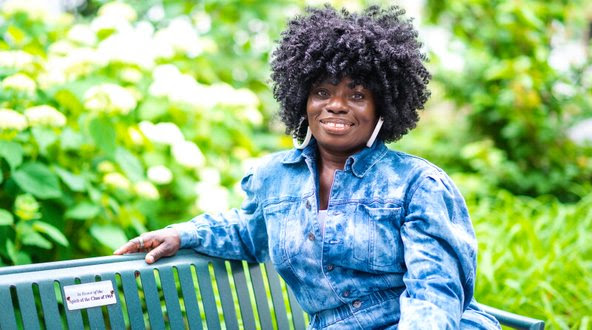By AMIR GALBAN
Opinions Editor
In schools all around the world there is a huge lack of support for student’s mental health. Mental health days should be promoted throughout every college in the world, since stress and fear looms upon us as we get older and deeper into the progressive society. The day to day in any grade can be strenuous on the mind with the repetition throughout the week and constant expectations from authority, whether it be at home or at school. Even experienced and hard working college students who are used to the education system can overload due to not attending to their mental state. College students are reaching the age of adulthood and if it isn’t promoted by the school, some students may choose to stay quiet and not use the services.
According to research from the Center for Collegiate Mental Health 2023 Annual Report provides various details for the causes of mental health issues and what is being done to aid it. Student experiences with discrimination, counseling centers role in assisting students with discrimination/mental health, and standardized data tests with in depth case studies to name a few of what is highlighted in this report. In the 2023 highlights report revealed a strong relationship between discrimination, suicidal thoughts, and increased general stress at the beginning of treatment. Counseling and psychotropic medication usage is at its highest since the data first started being collected in 2012. The findings of the report show that discrimination is not just a societal issue, and causes an increase to general stress, social isolation, and suicidal tendencies.
At the College Of Saint Rose, one specific teacher has implemented a strategy throughout her years of teaching to create a positive and stress-free environment for students. Professor Jessica Otitigbe started at a unique period at Saint Rose in 2020, when COVID-19 struck. Otitigbe grew up in a Nigerian household where the discussion for mental health wasn’t a topic of conversation. Even when growing up it was not looked at as a priority to deal with. It was once Professor O had her daughter that she felt she needed to get her mental health in check. Jessica gets honest and says, “I am an advocate for therapy. I’ve had a therapist for 15 years. I used to laugh and say I was a fair weather patient,” meaning she would reach out to her therapist only when something was wrong, something we are all guilty of.
The online portion of Saint Rose wasn’t the easiest for students to adjust to. “I remember with all of us shifting from being in the classroom to being online. I know that would create a challenge for everyone. I was able to see just by looking at my students that a lot of them had their cameras off, not seeming real engaged and I was trying to think about ways to let them know I acknowledge their fears and stress,” says Jessica. This is how the mental health days were created, from the immediate impact COVID and college had on students.
Communication between professors and students is vital to a successful relationship.
Sometimes students may be afraid of going to counseling with the stereotypes attached to it. Also, not everyone is accustomed to seeking help especially with peer pressure and the expectations of others weighing on you. The significance of Otitigbe actions show how important it is for ones with authority to reach out first and provide the extra services such as helping with their personal mental or social struggles.
Professors may leave certain things up to counseling services, but the intimate one-on-one support can prove very useful for students to perform better while feeling good. Otitigbe tells her students “if you’re struggling with something and you’re just feeling stressed or overwhelmed, I really encourage you to take a day to do something for yourself.” Another method Otitigbe uses is giving calming assignments based on what may be going on. For example, during the pandemic students were disengaged. Otitigbe would give a simple assignment such as making students go for a walk around their neighborhood and take a picture of what they see.
“I gave this assignment because sometimes going outside and doing something different can help in some way to relieve your stress. I believe with the mental health days, it allows students to know that we’re all human. I tell them myself I need a mental health day to decompress,” said Otitigbe. This lets students know in my experience that if they have any issues that they can be comfortable to share whatever they are feeling. “One thing to always note is that it’s okay to not be okay,” concluded Otitigbe. She said she wants to relay to all students to not be afraid to ask for help and that taking time for yourself is perfectly normal to get back on your feet.


